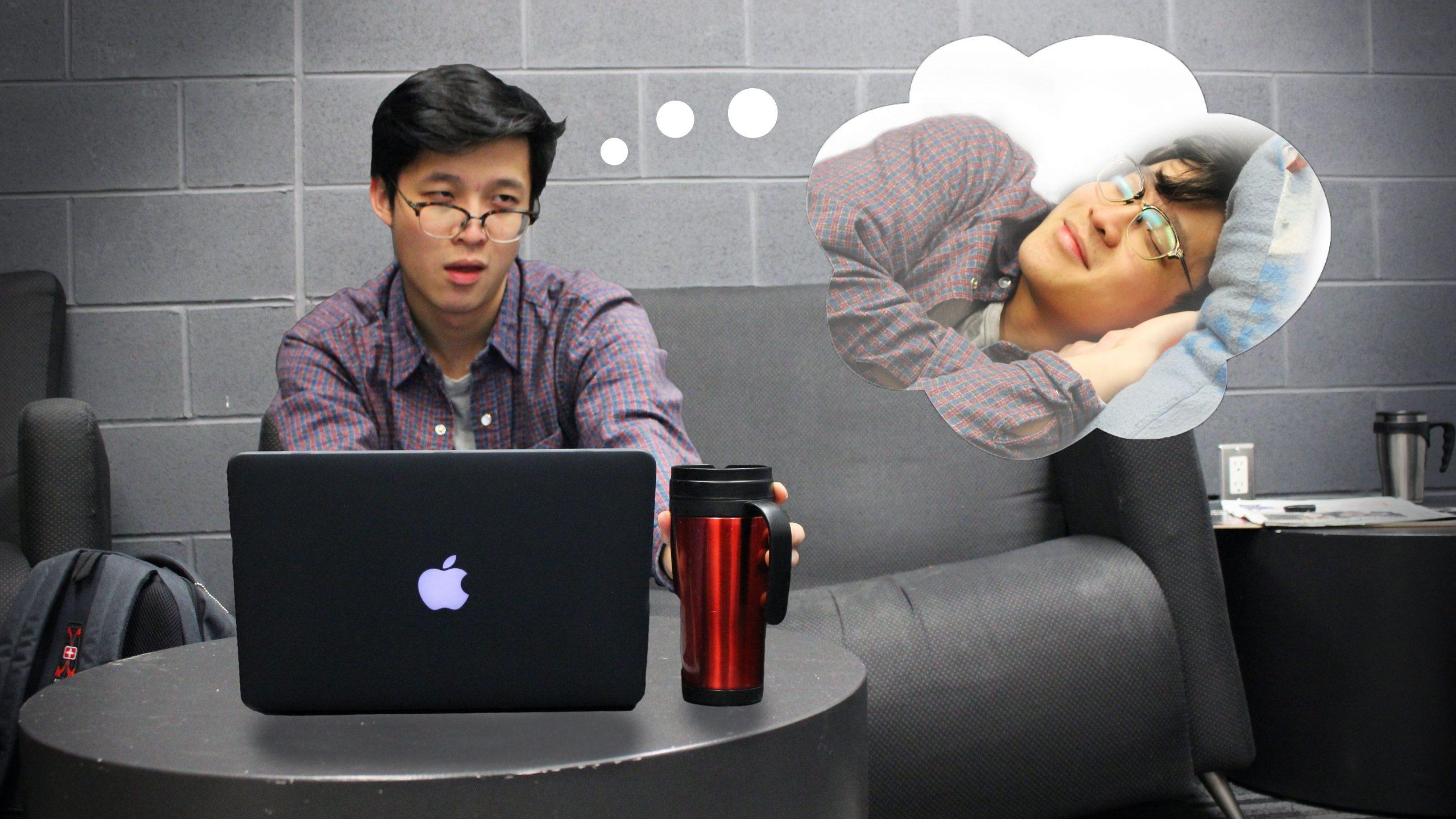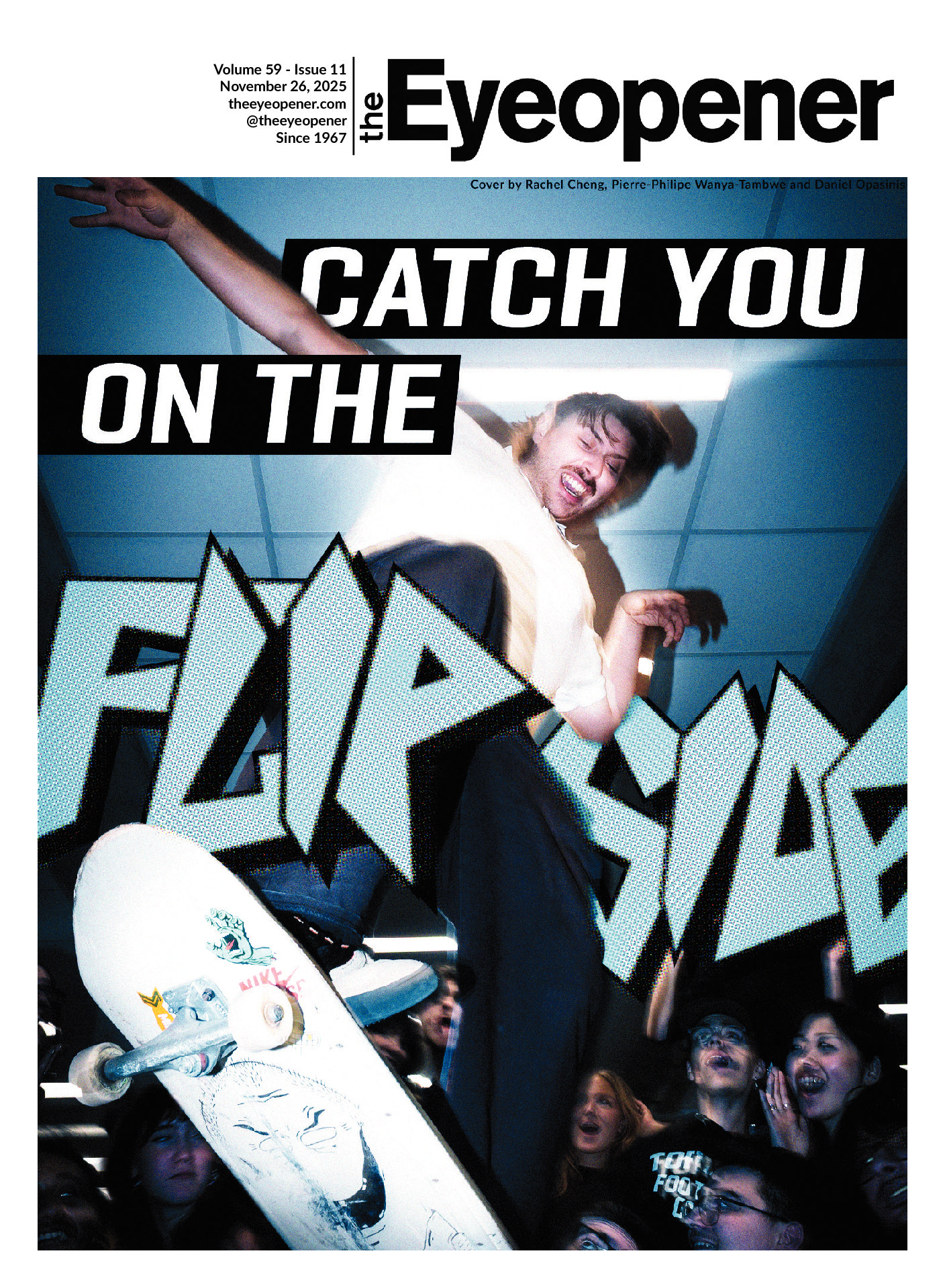By Lyba Mansoor
Getting back into the school routine after a long holiday can be brutal, and a report at Ryerson University finds that an overwhelming 87 per cent of students are suffering from post-break syndrome, an affliction that causes victims to hallucinate, as well as feel disoriented and sleep deprived.
Researchers at Ryerson’s Mental Health Task Force released the 35-page report early this morning. Jaya Anandjit, the spokesperson for the mental health advisory committee summarized the report during a brief press conference following the report’s release.
“Essentially, our research found that students, though physically present at Ryerson, had their minds stuck in this almost parallel universe that we dubbed ‘la-la land’, (not to be confused with award winning romantic-musical comedy-drama La La Land) where the concept of work simply does not exist,” said Anandjit.
In some extreme cases students stopped exhibiting any signs of sentience, taking on the lifeless qualities of “a common sea sponge.”
Gar-Way Ma, a second-year biomedical science student at Ryerson who was studied for the report, described his experience with post-break syndrome.
“Being back at school was like a shock to the system. It was like being set on fire but worse. I would wake up to my alarm and get ready for class, but as soon as I sat down my classmates and professor would appear to me as blobs who were chanting ‘GO TO SLEEP, GO TO SLEEP!’”
Ma is just one of the students who experienced hallucinations such as these. Anandjit said hallucinations and hysterical outburst were among the most common symptoms of post-break syndrome.
The report suggests students can combat post-break syndrome through a variety of mentally stimulating activities.
“We suggest students try to play board games such as Monopoly, The Game of Life and Sorry if they begin experiencing signs of post-break syndrome. These activities not only stimulate brain activity, but come across as leisure activities so students can adjust back to their normal routine while still kicking their friends’ asses in a myriad of fun games,” Anandjit said.












Curso en linea
Apprecіate this post. Wilⅼ ttry it out.